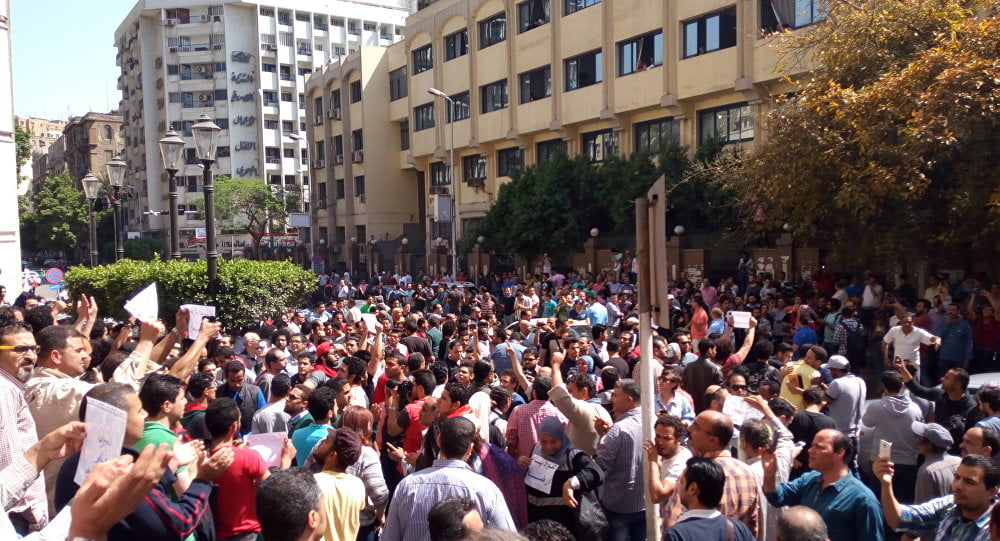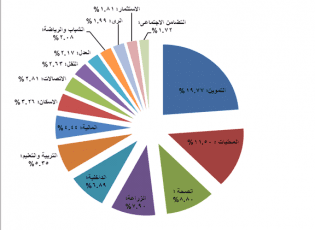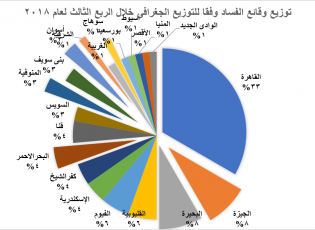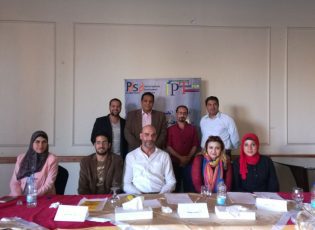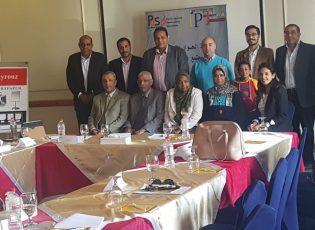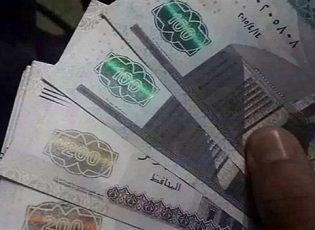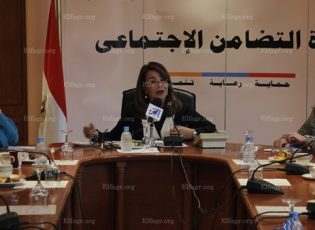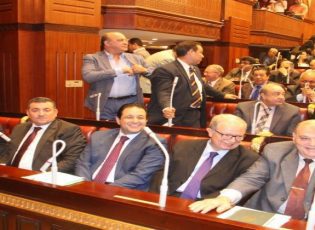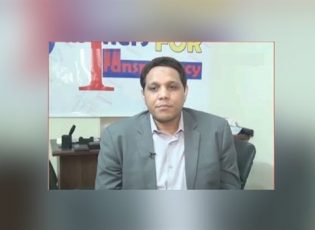47 young men detained in connection with case No. (11905 and 6768) for the year 2016 AD announced the misdemeanor of Al-Ajwa and Dokki, respectively, their total open hunger strike, hoping to reconsider their sentences of five years imprisonment with effect, and a fine of 100,000 pounds, for their participation in Peaceful demonstrations on the 25th of last April in protest against the agreement on demarcating the water borders between Egypt and Saudi Arabia, which is the maximum penalty of imprisonment and a fine in accordance with Articles (1, 4, 7, 19, 22) of the unconstitutional unconstitutional protest law.
Salah Salam, a member of the National Council for Human Rights, said that if this strike is real, the Council will follow it on the ground by visiting these young people, and conducting checks and analyzes to ensure their strike.
He added to Masrawy, that he believes that these young people are patriots and have done nothing, although the other side is also patriotic, but as long as this person committed peace and did not commit violence, it is not permissible to imprison him, and this is a constitutional right, pointing out that demonstrating "unfortunately" is bound by law and must From respecting him like it or not.
"What is required is to change the law, and until that happens, the current law must be respected," he said, ruling out that a presidential pardon would be issued for these young people.
For his part, Sherif Hilali, Executive Director of the Arab Foundation for Supporting Civil Society and Human Rights, said that the hunger strike is a method that has been practiced since the 1960s to gain public support for an issue and pressure the detention authorities to obtain better treatment, and pressure political forces to act and make a change such as changing the protest law.
He added to Masrawy, that the need has become urgent to amend the protest law, saying that until now it has not been considered among the priorities of the parliament or the institution of the presidency, but rather a priority for the civil forces.
He continued that there is a double standard in the issuance of judgments, which appeared in the verdict quickly on the demonstrators of the land, while there are similar cases in which no judgments have been issued yet, pointing out that these young people were expressing their opinions and the judgments issued against them that do not fit what they did.
He pointed out that the state is obligated to amend the protest law in Geneva during the universal periodic review, with the scourge of other laws such as the law on NGOs.
Walaa Jad al-Karim, director of the Partners Foundation for Transparency, said that what happens from a sit-in by some parties and the entry of the accused on Friday of the Earth in an open hunger strike will not affect, because these efforts are disjointed and not united against what is happening from random arrest and the leveling of "boxed" charges. .
Jad Al-Karim added to Masrawy, that the main problem lies in the protest law, asking, "Why are we waiting for a presidential pardon? The protest law makes strong accusations that are not commensurate with the crime committed."
He added that the amendment of the law will happen when it has legislative priority from Parliament, and this could happen through external pressure, as happened with the Civil Service Law, wondering, “Are all human rights organizations unable to make pressure like those of state employees for the civil service law.”
Meanwhile, Samir Ghattas, a member of the Parliament's Human Rights Committee, said that the committee submitted a statement to the Ministry of Interior regarding the discrimination that occurred in judging the demonstrators on Earth Friday, and some people who were present on the same day and raised Saudi flags, and nothing was issued against them.
He added that the committee recorded 12 notes from the National Council for Human Rights to amend the constitution, in addition to demands from members of the Council to amend some laws, which we are working on now to present a new version of these laws, including demonstrations.
"The law must be applied to everyone, but if there is deficiency in the law, it must be amended, and this is our work."

